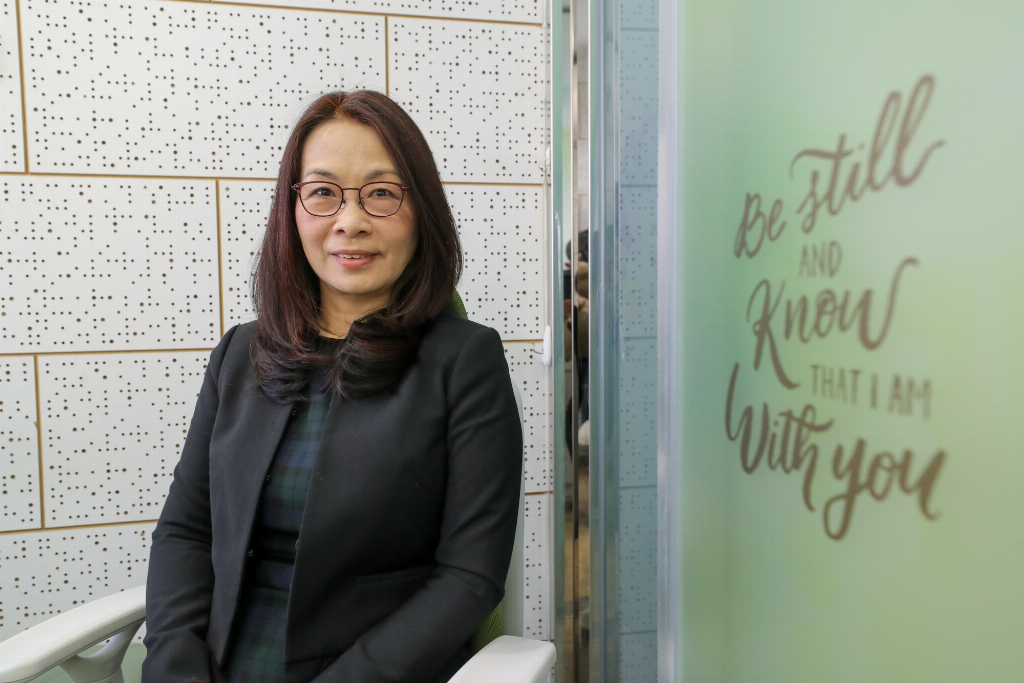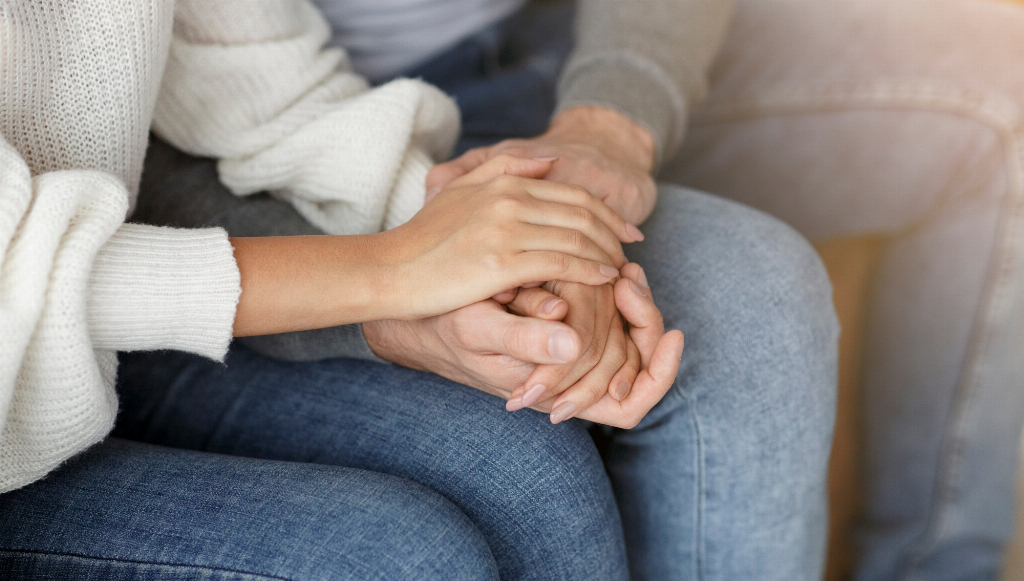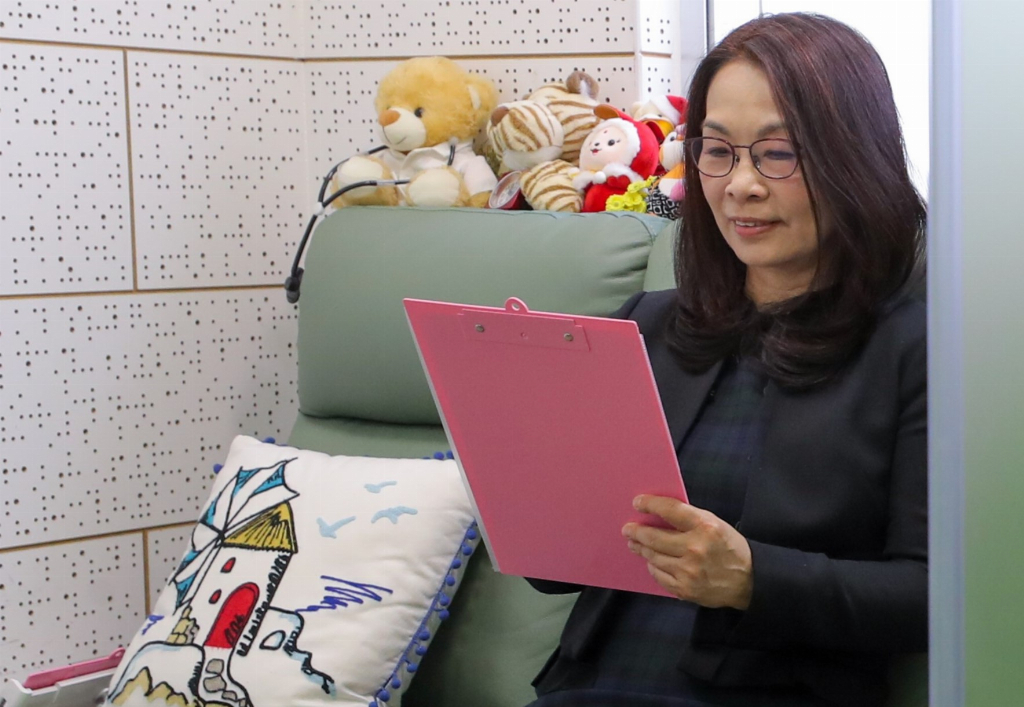Marriage Counselling – Helping Couples Face Challenges and Overcome Crises Together
Marriage is one of the most meaningful relationships in life. With marriage involving the union of two different individuals, it is common for different expectations, conflicts and other issues to arise at some point. When unresolved issues accumulate over time, they may lead to feelings of anger, anxiety, and helplessness, sometimes even threatening the very foundation of the marriage. Nevertheless, divorce is not the only solution to marriage problems. Janet Hong, counselling psychologist & family therapist, explains that marriage counselling can help couples improve communication, ease tensions, and work through problems together, enabling them to overcome marital crises in a constructive and positive way.

Janet Hong, registered counselling psychologist & family therapist
What is Marriage Counselling?
Marriage counselling is a professional psychological service designed to help couples communicate more effectively, deepen their understanding of each other, and improve their relationship. It is typically facilitated by marriage counsellors, counselling psychologists, or marriage and family therapists. As Janet Hong explains, "Marriage counselling primarily addresses various marriage difficulties, including relationship issues (such as emotional detachment, infidelity, or recurring conflicts), communication problems, family conflicts (such as in-law issues), financial disputes, and parenting disagreements. Counselling helps uncover the root causes of these problems and supports couples in working through them together."
How is Marriage Counselling Conducted?
Janet Hong explains, "Marriage counselling begins with open and in-depth discussions between the couple, encouraging each person to share their concerns, goals for counselling, and expectations in marriage. Apart from the couple’s perspectives and feelings, these sessions also examine their upbringing, past experiences, and family backgrounds. With professional expertise and clinical experience, the counsellor helps couples pinpoint core issues and provides practical strategies to strengthen the relationship, such as enhancing communication, rebuilding trust, and managing emotions. Couples are also given actionable plans to apply in their daily lives. Follow-up sessions and regular progress reviews are encouraged to track improvements and make necessary adjustments."

How Can Marriage Counselling Improve Relationships?
One of the main causes of marital issues is poor communication. When negative emotions dominate, it becomes easy to focus on each other’s flaws, leading to arguments rather than meaningful dialogue. Janet Hong says, "Marriage counselling offers a safe and structured space for honest communication. With a counsellor’s guidance, couples can express themselves openly and better understand each other’s feelings. Often, people focus only on surface-level issues and overlook deeper problems. For example, a couple sought help because of frequent disagreements about parenting. They believed their child’s behaviour is the root issue, only to realise through counselling that the child’s rebellion is a response to ongoing parental conflict. Marriage counselling objectively identifies these deeper issues and helps couples build healthier relationships."
When Should Couples Consider Marriage Counselling?
Relationship breakdowns often stem from prolonged misunderstandings, conflicts, mistrust, and lack of communication. It is therefore important to seek help early, and marriage counselling is one of the powerful tools for healing and growth. Janet Hong advises that if marital issues begin to affect emotional well-being, leading to symptoms such as insomnia, depression, or anxiety, professional support should be sought as soon as possible.
Must Both Partners Attend Marriage Counselling Together?
"Ideally, both partners should participate in marriage counselling. But if one partner is hesitant, the other should not be discouraged. Taking the first step alone can still make a meaningful difference—for example, by changing the way of communicating, responding and relating to his or her partner, a person can positively influence the dynamic of the relationship. These initial changes often help bridge emotional gaps and may even encourage the other partner to eventually participate in the counselling process." Janet Hong clarifies.

【Case Sharing】
A couple married for ten years faced a serious crisis after the husband had an affair. They had a young son in primary school. The wife felt betrayed, believing that she had devoted herself to the family and their child. She blamed her husband entirely, while the husband felt unappreciated at home.
Through counselling, it was revealed that their conflict stemmed from parenting differences—the wife often rejected her husband’s disciplinary approach, leading to frequent arguments. As a result, the husband withdrew emotionally and buried himself in work to avoid confrontation, while the wife resented his lack of involvement.
Counselling helped them express their feelings honestly and understand each other’s perspectives. They realised that neither wanted the family to fall apart. With counselling their communication improved, and they restored mutual respect and trust. The husband ended the affair, and together they began to heal their marriage.

Conclusion
A good marriage requires continuous effort, understanding and commitment from both partners. For couples who have experienced and built lives together, it is important not to give up too easily when challenges arise. Marriage counselling is a wise and proactive step—it not only helps couples resolve immediate conflicts but also deepens mutual understanding. With professional guidance, couples can overcome challenges and build more resilient, fulfilling relationships.